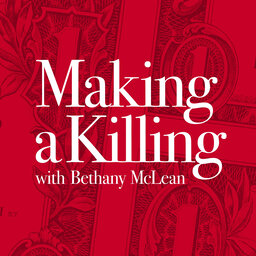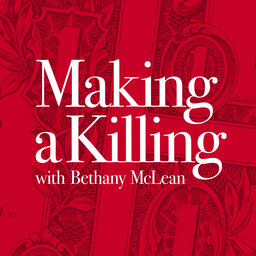Joe Nocera on Juul, vaping, and the lesser of two evils
Juul is the wildly popular, wildly valued and wildly controversial vaping company. Juul became the fastest startup ever to reach a valuation of more than $10 billion dollars — beating the pace set by tech giants Facebook and Snap by four times. Juul as a company claims that it is focused on harm reduction, arguing that vaping gets existing smokers off of lit tobacco, which is deadly. But there are those of us who wonder: Is “the lesser of two evils” really the heart and soul of good business? Is that what American industry is made for? In this episode, Bethany chats with her friend, one-time co-author, and former colleague, Joe Nocera. Joe is host of the popular podcast The Shrink Next Door, and is an opinion columnist at Bloomberg.
Learn more about your ad-choices at https://www.iheartpodcastnetwork.com
 Making a Killing with Bethany McLean
Making a Killing with Bethany McLean


